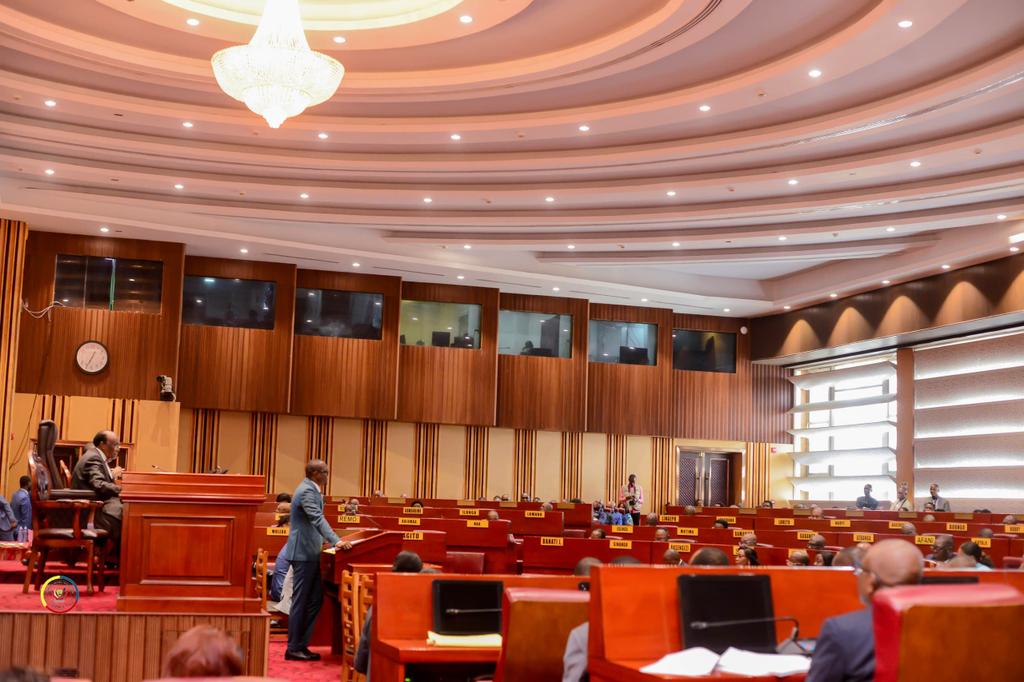The Senate’s decision to unanimously vote on the Republic’s draft budget for the 2025 financial year sparked a lively debate within the political class. With an additional envelope of more than 418 billion Congolese francs compared to the initial version voted by the National Assembly, this increase raised questions about the management of public finances and the impact on the country’s economic development.
During the examination of the budget, the Senate notably identified a revenue line at the DGRAD that had been omitted by the National Assembly. This omission led to differences of interpretation as to the need for a specific law to authorize the collection of these taxes. For the Senate, this would rather be a question falling under the regulations rather than the law.
Furthermore, the Senate also focused on the distribution of expenditure in different sectors, in particular by insisting on the retrocession of 40% of the funds to the provinces, a measure that has not yet been fully implemented. This concern reflects the senators’ desire to ensure a fair distribution of resources and to strengthen local development through adequate financial support to regional entities.
The joint committee convened to harmonize the views of the two chambers of Parliament is of crucial importance in the budgetary process. In the event of persistent disagreement, the National Assembly will have the final say and will have to vote on a final version of the budget, possibly taking into account the Senate’s observations. This step is essential to ensure the legitimacy and coherence of the 2025 budget before its promulgation by the President of the Republic.
Ultimately, the discussion around the Congo’s 2025 budget highlights the importance of transparency, accountability and consultation between the different institutions to ensure sound and effective financial management. The dialogue between the Senate and the National Assembly testifies to the vitality of Congolese democracy and the commitment of parliamentarians to work for the general interest and sustainable development of the country.

